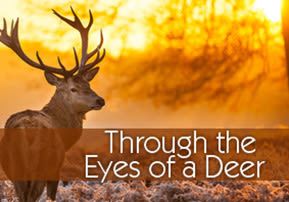
Through the Eyes of a Deer
We shouldn't lament attributes we lack, for if Hashem didn't grant them to us, then we don't need them. Here's how to focus on our own special talents...

Hashem’s creations are inherently grateful. They don’t complain. If harmed, they react instinctively, but they’re never willfully malicious. We might object and claim, “Well, that’s no big deal! The animals and other creations don’t have free choice. They’re programmed to be grateful…”
We’ve just admitted that our free choice is whether to be grateful or not, or whether to be satisfied with our lot in life or not.
Our sages appreciated all of Hashem’s creations, especially the animals. King Solomon sent us to learn how to be industrious from an ant. Isaiah the Prophet sent us to learn gratitude from an ox and a donkey. King David, who knew both the language and the songs of all of creation, teaches us how to focus on our good  points by looking at life the way a deer does.
points by looking at life the way a deer does.
A deer could have major complaints if he so chose: “Hashem, why did You make me the prey of all the carnivores? The lions and wolves chase me all the time! Hashem, why didn’t You give me sharp teeth and razor-like fangs so I could fight and defend myself? And why did you give me a gentle nature, when all my adversaries are so leathery tough?” The list goes on. If the deer would have chosen such a path of complaining and focusing on its apparent deficiencies, it would be a miserable creature.
Yet, the deer is not miserable. It’s a creature of stunning elegance and highly spiritual as well. King David was inspired to compose Psalm 42 after he heard a thirsty deer praising Hashem when he found water. The deer, as thirsty as it was, would not even drink until it thanked Hashem. King David thought, “I should yearn for Hashem like that deer does.”
Let’s look at life for a moment through the eyes of a deer. We know what the deer is thinking by the way it sings to Hashem (see Perek Shira, song of the deer): “The deer says: ‘And I shall sing of Your might and I shall rejoice of Your kindness in the morning, for You were a fortress for me and refuge on the day of my oppression’ (Psalm 59:17)”. Rather than complaining that once again the lions and wolves tried to devour it, the deer simply thanks Hashem for saving its life. The deer doesn’t even take credit for its own wonderful qualities, such as its swiftness of foot and ability to “disappear” deep in the forest where the predators can’t find it. When the deer lives to see a new sunrise, it merely thanks Hashem for another day on earth. It has no bitterness and no complaints. All it sees is Hashem.
The deer’s gentle qualities are what makes it so beautiful. It is not only swift, but immensely graceful as well. It is family oriented. It never loses its temper. The fact that it lacks fangs and sharp teeth are assets, not liabilities. A killer deer would not be a deer. In addition to its wonderful nature, the deer chews its cud and has split hooves, rendering it a kosher animal. As a herbivore, it lives a good life for it can find its food virtually anywhere.
Once we look at life through the eyes of a deer, we thank Hashem for creating us the way He did. We don’t lament attributes we lack, for if Hashem didn’t grant them to us, then we don’t need them to fulfill our mission on earth. We focus on our good points and thank Hashem profusely for them. The moment we accept ourselves just the way we are, we suddenly open the gates to inner peace and gratification. That doesn’t mean that we don’t strive to improve, it simply means that we’re happy being a deer and not a wolf.
Imagine that a deer wanted to be a wolf. You bet, it would be pretty miserable. Not only that, but it would be a double loser – it would never succeed in being a wolf, and it wouldn’t be doing its job as a deer. This should be our lesson in life: We should be ourselves, and not try to imitate a single person on earth. We can never be the other person, for we don’t have his Divine-granted attributes. And meanwhile, we wouldn’t be ourselves, which means we’d be wasting all the wonderful attributes that Hashem gives each of us.
King Solomon says, “My beloved resembles the deer” (Song of Songs 2:9). When you are yourself, appreciate your own special qualities and thank Hashem for them, you’re the loveliest person on earth.


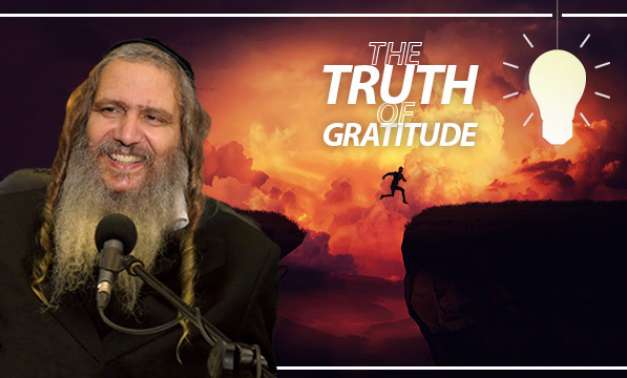
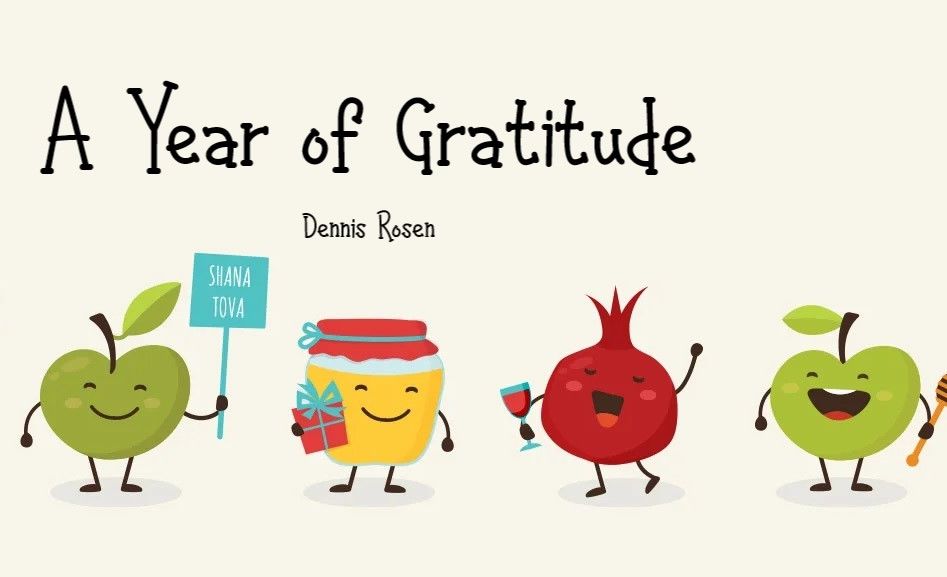
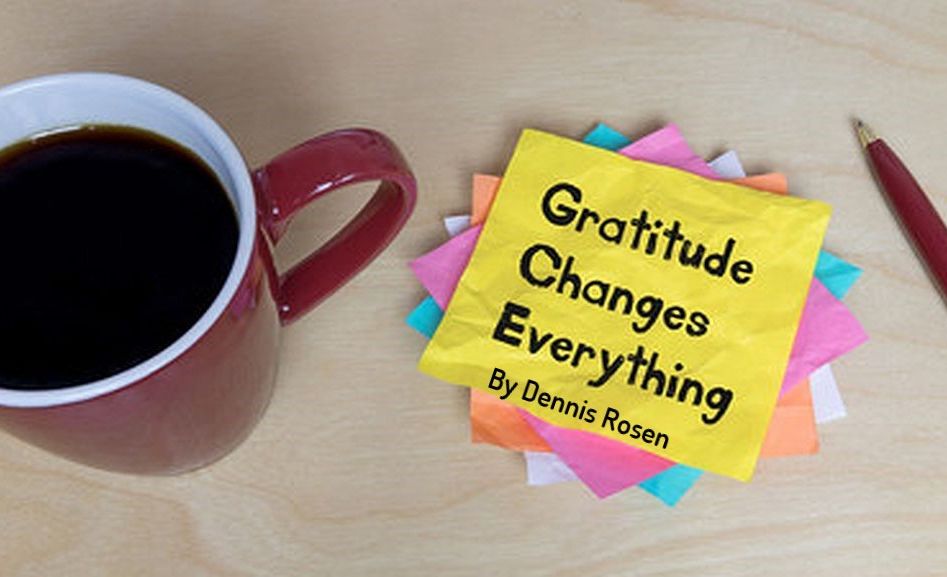




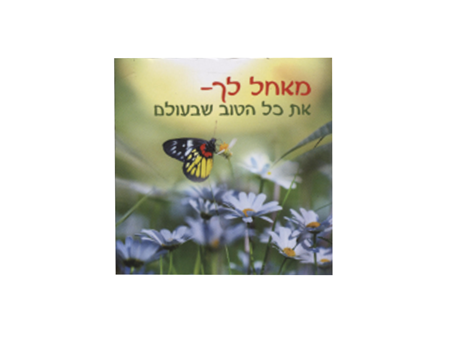
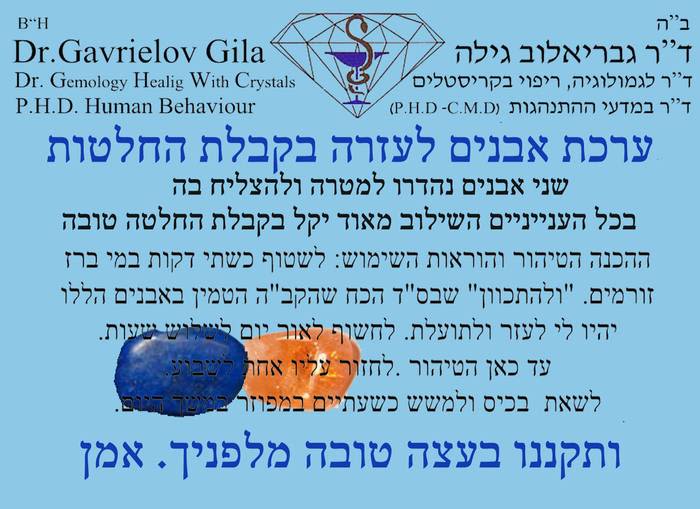
Tell us what you think!
Thank you for your comment!
It will be published after approval by the Editor.